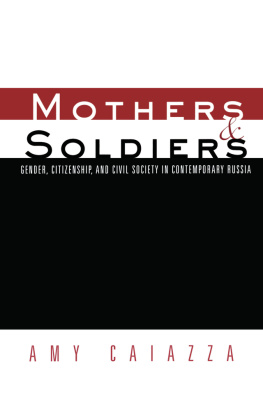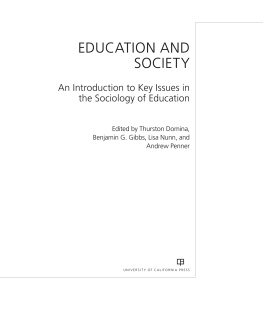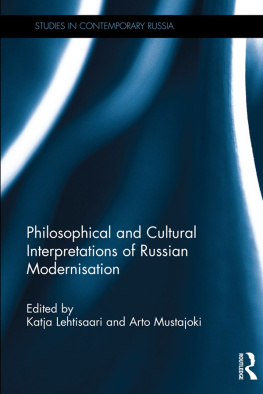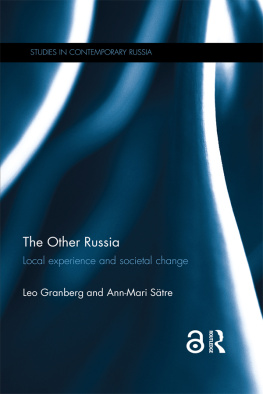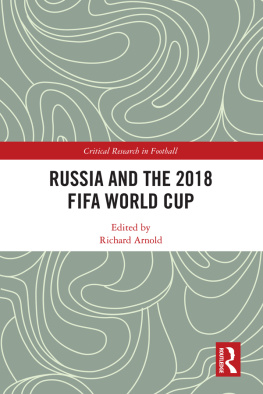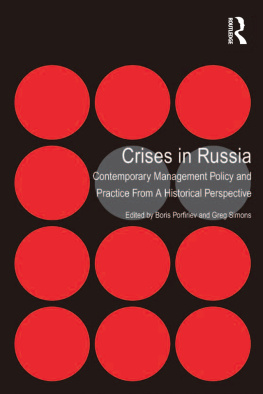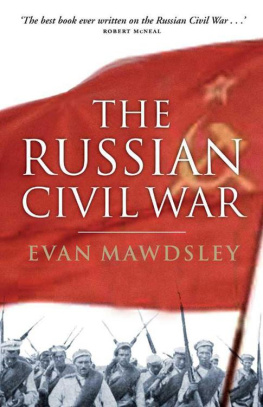W. John Morgan - Civil Society, Social Change, and a New Popular Education in Russia
Here you can read online W. John Morgan - Civil Society, Social Change, and a New Popular Education in Russia full text of the book (entire story) in english for free. Download pdf and epub, get meaning, cover and reviews about this ebook. year: 2018, publisher: Routledge, genre: Politics. Description of the work, (preface) as well as reviews are available. Best literature library LitArk.com created for fans of good reading and offers a wide selection of genres:
Romance novel
Science fiction
Adventure
Detective
Science
History
Home and family
Prose
Art
Politics
Computer
Non-fiction
Religion
Business
Children
Humor
Choose a favorite category and find really read worthwhile books. Enjoy immersion in the world of imagination, feel the emotions of the characters or learn something new for yourself, make an fascinating discovery.

- Book:Civil Society, Social Change, and a New Popular Education in Russia
- Author:
- Publisher:Routledge
- Genre:
- Year:2018
- Rating:5 / 5
- Favourites:Add to favourites
- Your mark:
Civil Society, Social Change, and a New Popular Education in Russia: summary, description and annotation
We offer to read an annotation, description, summary or preface (depends on what the author of the book "Civil Society, Social Change, and a New Popular Education in Russia" wrote himself). If you haven't found the necessary information about the book — write in the comments, we will try to find it.
Civil Society, Social Change and a New Popular Education in Russia is a detailed account of contemporary issues that draws upon recent survey research conducted by the Institute of Sociology, Russian Academy of Sciences, as well as from secondary published work in both Russian and English. The book explores how social change and developments in civil society are occurring in Russia and the role played by a new popular education. The right to lifelong learning is guaranteed by the Russian state, as it was by the Soviet Union, where formal education, based on communist ideology, emphasised the needs of the state over those of individuals. In practice a wide range of educational needs, many of which relate to coping with changing economic, social and technological circumstances, are being met by non-governmental providers, including commercial companies, self-help groups, and community and neighbourhood clubs. This book discusses how this new popular education is both an example of developing civil society and stimulates its further development. However, as the book points out, it is also part of a growing educational divide, where motivated, articulate people take advantage of new opportunities, while disadvantaged groups such as the unemployed and the rural poor continue to be excluded.
W. John Morgan: author's other books
Who wrote Civil Society, Social Change, and a New Popular Education in Russia? Find out the surname, the name of the author of the book and a list of all author's works by series.

